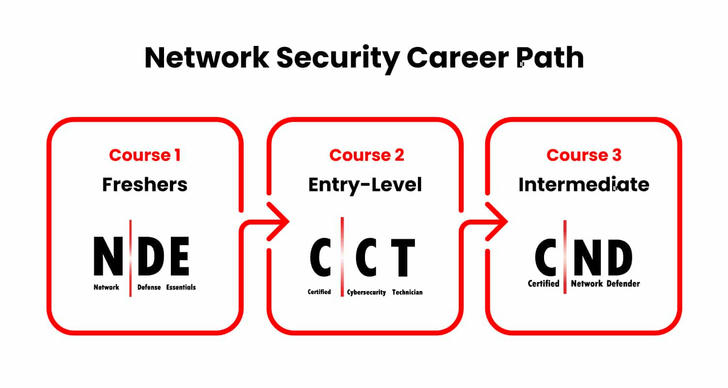Intensive Network Security Training For Beginners
As cyber threats escalate, foundational network security skills have become essential—even for those starting without prior IT experience. This intensive training program provides a step‑by‑step curriculum covering core concepts such as firewall configuration, intrusion detection, and vulnerability assessment. By blending interactive labs with real‑world scenarios, participants gain the expertise to defend networks and pursue roles like security analyst or systems administrator.

1. Curriculum Overview
The program spans 10 modules, each focusing on a critical security domain:
- Fundamentals of Networking: Protocols, topologies, and OSI model
- Threat Landscape: Malware types, social engineering, and attack vectors
- Firewall Essentials: Policy rules, NAT, and zone configurations
Participants progress through modules at a hybrid pace—online theory sessions complemented by in‑person workshops.

2. Hands-On Labs and Tools
Labs simulate realistic environments using virtual machines:
- Setting up iptables and configuring access control lists
- Deploying Snort for intrusion detection and monitoring
- Performing network scans with Nmap and vulnerability checks with OpenVAS
Each lab includes step‑by‑step guides and instructor feedback loops.
3. Certification and Career Pathways
Upon completion, participants are prepared for certifications like CompTIA Security+ or Cisco CCNA Security. Entry‑level roles include:
- Security Operations Center (SOC) Analyst
- Network Security Technician
- Junior Penetration Tester
Career growth can lead to roles such as security engineer, incident responder, and security architect.
4. Program Structure and Schedule
Typical timeline:
| Module | Duration | Focus |
|---|---|---|
| Online Lectures | 4 weeks | Core theory concepts |
| Lab Workshops | 6 weeks | Hands‑on tool practice |
| Capstone Project | 4 weeks | Real‑world scenario defense |
| Final Assessment | 2 weeks | Written exam and live demo |
The program totals 16 weeks with flexible evening and weekend sessions.
5. Admission Requirements
Candidates should have basic computer literacy and commit to 10–12 hours of study per week. No prior security experience is required.
6. Financial Aid and Payment Options
Many institutions offer installment plans, scholarships, or GI Bill benefits for veterans. Check program websites for eligibility.
7. Success Tips
Engage in online forums, practice in home labs, and seek mentor support. Real‑world CTF challenges can sharpen skills.

8. FAQs
Is this training suitable for career changers? Absolutely; the curriculum starts at a beginner level. Can I fast‑track the program? Some providers allow competency‑based acceleration based on prior learning. Will I get job placement assistance? Many programs include career services and employer networking events.
Invest in your digital defense skills and secure your place in cybersecurity’s front lines today.
